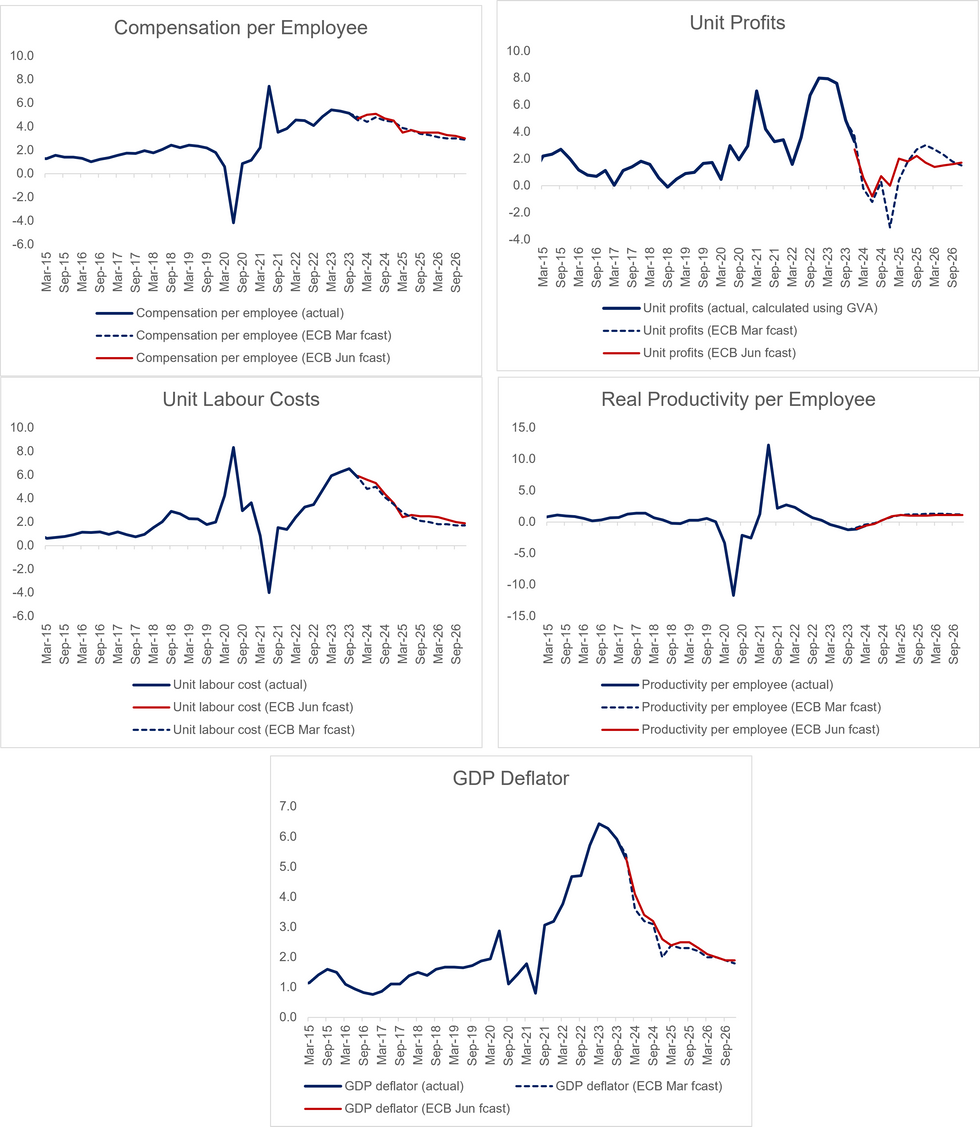-
Policy
Policy
Exclusive interviews with leading policymakers that convey the true policy message that impacts markets.
LATEST FROM POLICY: -
EM Policy
EM Policy
Exclusive interviews with leading policymakers that convey the true policy message that impacts markets.
LATEST FROM EM POLICY: -
G10 Markets
G10 Markets
Real-time insight on key fixed income and fx markets.
Launch MNI PodcastsFixed IncomeFI Markets AnalysisCentral Bank PreviewsFI PiFixed Income Technical AnalysisUS$ Credit Supply PipelineGilt Week AheadGlobal IssuanceEurozoneUKUSDeep DiveGlobal Issuance CalendarsEZ/UK Bond Auction CalendarEZ/UK T-bill Auction CalendarUS Treasury Auction CalendarPolitical RiskMNI Political Risk AnalysisMNI Political Risk - US Daily BriefMNI Political Risk - The week AheadElection Previews -
Emerging Markets
Emerging Markets
Real-time insight of emerging markets in CEMEA, Asia and LatAm region
-
Commodities
-
Credit
Credit
Real time insight of credit markets
-
Data
-
Global Macro
Global Macro
Actionable insight on monetary policy, balance sheet and inflation with focus on global issuance. Analysis on key political risk impacting the global markets.
Global MacroDM Central Bank PreviewsDM Central Bank ReviewsEM Central Bank PreviewsEM Central Bank ReviewsBalance Sheet AnalysisData AnalysisEurozone DataUK DataUS DataAPAC DataInflation InsightEmployment InsightGlobal IssuanceEurozoneUKUSDeep DiveGlobal Issuance Calendars EZ/UK Bond Auction Calendar EZ/UK T-bill Auction Calendar US Treasury Auction Calendar Global Macro Weekly -
About Us
To read the full story
Sign up now for free trial access to this content.
Please enter your details below.
Why MNI
MNI is the leading provider
of intelligence and analysis on the Global Fixed Income, Foreign Exchange and Energy markets. We use an innovative combination of real-time analysis, deep fundamental research and journalism to provide unique and actionable insights for traders and investors. Our "All signal, no noise" approach drives an intelligence service that is succinct and timely, which is highly regarded by our time constrained client base.Our Head Office is in London with offices in Chicago, Washington and Beijing, as well as an on the ground presence in other major financial centres across the world.
Real-time Actionable Insight
Get the latest on Central Bank Policy and FX & FI Markets to help inform both your strategic and tactical decision-making.
Free AccessProject Slower GDP Deflator Moderation In 2024 Due To Higher Labour Costs and Profits
The ECB’s June macroeconomic forecasts record an upward revision to GDP deflator growth through 2024, with unit labour cost and unit profit growth revised higher.
- The higher unit labour cost projection comes as 2024 compensation per employee was revised higher and real productivity per employee was revised lower.
- This likely drove the upward revision to the ECB's core inflation forecasts, which were above analyst's median estimates coming into the decision.
- The upward revision to compensation per employee growth “reflects the impact of incoming data, a slightly better cyclical position and a higher wage drift, and is in line with a tighter labour market, especially towards the end of the projection horizon”.
- 2024 annual unit profit growth was revised 1.1pp higher relative to the March forecasts.
- However, the ECB still note that unit profits are “expected to remain notably below growth in unit labour costs throughout 2024, which implies that profit margins are buffering the relatively strong labour cost growth”.
- This expected dynamic is relatively unchanged compared to March, though the GDP deflator is now projected to moderate at a slower pace.
- Q1 deflator growth is seen at 4.1% Y/Y (vs 5.3% in Q4 2023 and a 3.6% forecast in the March projections).
- Tomorrow sees the release of the final Eurozone national accounts for Q1, which will allow us to benchmark the ECB’s latest projections immediately.
- A reminder that the June projections were compiled by Eurosystem staff (i.e. from national central banks), not the ECB staff themselves.

To read the full story
Sign up now for free trial access to this content.
Please enter your details below.
Why MNI
MNI is the leading provider
of intelligence and analysis on the Global Fixed Income, Foreign Exchange and Energy markets. We use an innovative combination of real-time analysis, deep fundamental research and journalism to provide unique and actionable insights for traders and investors. Our "All signal, no noise" approach drives an intelligence service that is succinct and timely, which is highly regarded by our time constrained client base.Our Head Office is in London with offices in Chicago, Washington and Beijing, as well as an on the ground presence in other major financial centres across the world.
